We asked sportsmen and women to take action and more than 1,000 have submitted comments to the EPA in support of clean water—here are some of our favorites
One of the cool things about our democracy and the North American model of conserving fish and wildlife as a shared resource is that we as citizens often have the opportunity to take part in the public process of decision making. That’s why we let you know when you have the chance to speak out for your hunting and fishing access and opportunities—it’s our responsibility and a privilege.
We’ve seen it: When sportsmen and women take the time to tell their stories, it makes a difference.
A few years ago, Americans had hundreds of days to submit their feedback on a rulemaking that would help end the confusion around which streams and wetlands receive Clean Water Act protection. The final Clean Water Rule helps safeguard 20 million acres of wetlands and thousands of miles of headwater streams—that’s 60 percent of the country’s flowing waters.
But the current administration has started the process of repealing this rule meant to lift headwaters and wetlands out of regulatory confusion.
Without the rule, we risk seeing streams polluted and wetlands destroyed. Failing to recognize wetlands and headwaters as critical to clean water downstream means we’re fighting a losing battle in nearby watersheds, and making decisions on a case-by-case basis overburdens state and local water quality personnel.
Many sportsmen from across the country have already made their voices heard by submitting comments to the EPA about why they support the Clean Water Rule. We love that these folks have taken the time to make this issue personal—because it is. Here’s why they want decision-makers to stand up for our headwaters and wetlands.
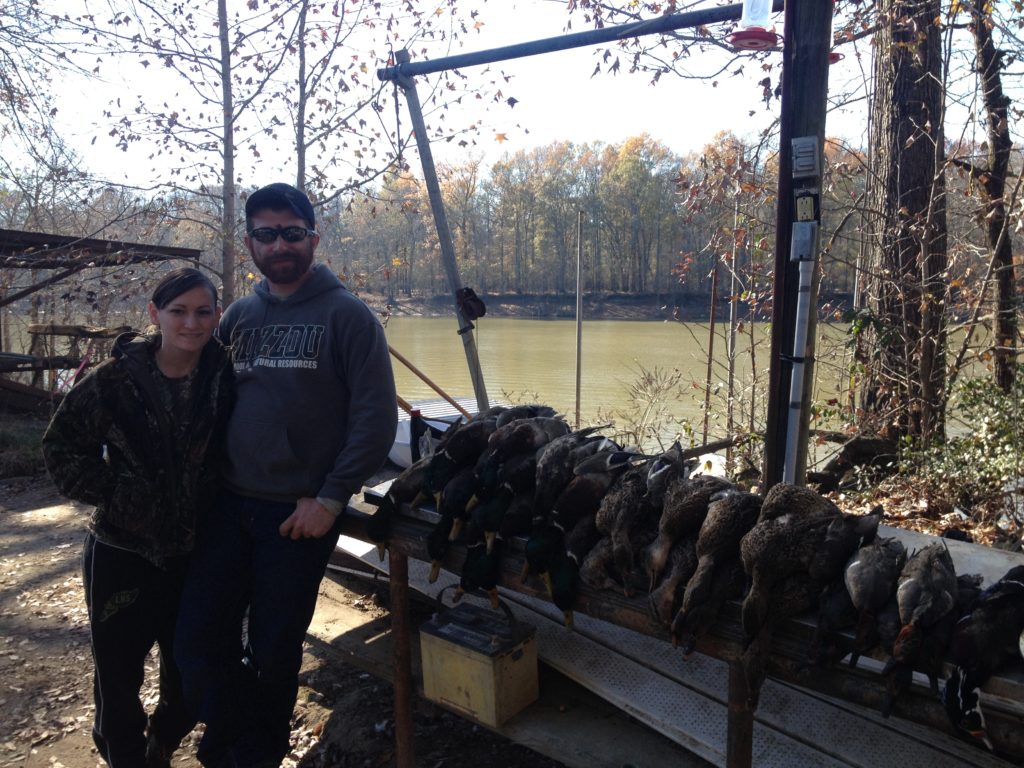
Missouri native Jonathan took the time to write the EPA while deployed with the U.S. military, and from what he’s seen, our outdoor traditions make our country different from anywhere else. He told us that he feels a responsibility to stand up for the wise use of our country’s natural resources that are so noticeably absent in many other places in the world. He writes to the EPA:
I send this while deployed with the US Army. One of many things I look forward to about coming home is being able to resume enjoyment and utilization of the natural resources so abundant in the US. Please do the right thing and listen to those of us who took the time to write. As a sportsman, conservationist, and, above all, as an American, [I urge you to] please work to keep our natural resources secure.
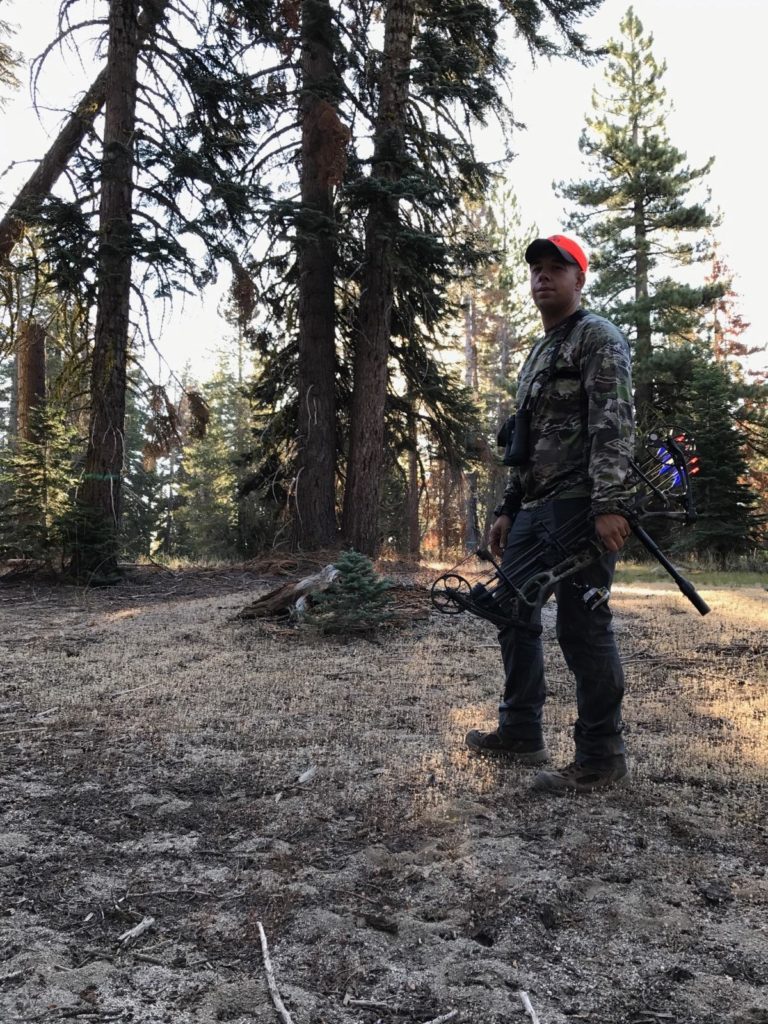
For Alex from California, the sole objective of hunting and fishing is not the taking of an animal; it’s to feel connection with our natural world and see all your preparation and efforts pay off. He believes that these traditions are not only important, but also that they help build better people. He writes:
I will have my first son this November. I hope he has the opportunity to come of age hunting and fishing on public lands. I don’t want to have to explain to him that there was once a time where our wetlands and flowing water [were] protected and how we had access to them.
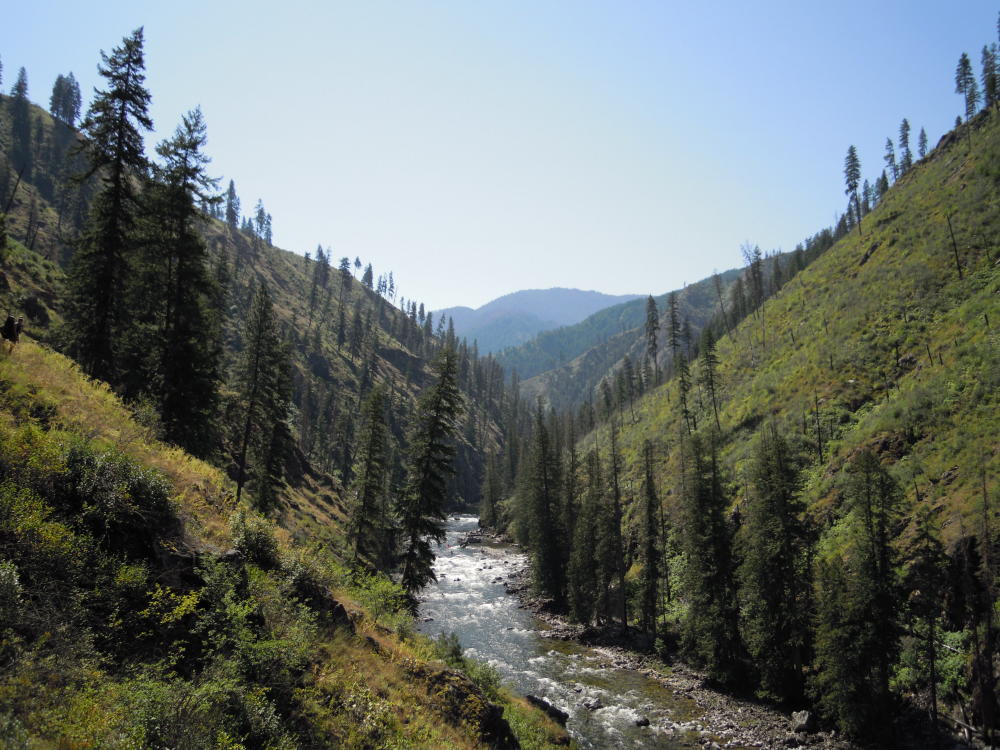
It seems that thinking about the future of clean water inevitably leads people to wonder about the future of hunting and fishing—and what their own children will experience. James writes:
I grew up fishing and hunting with my family, and now that I have children of my own, I’m worried that they won’t have access to the opportunities to spend time enjoying the streams, wetlands, and headwaters that I love if the Clean Water Rule is repealed. The thought of future generations in this nation missing out on one of our greatest resources is horrifying.
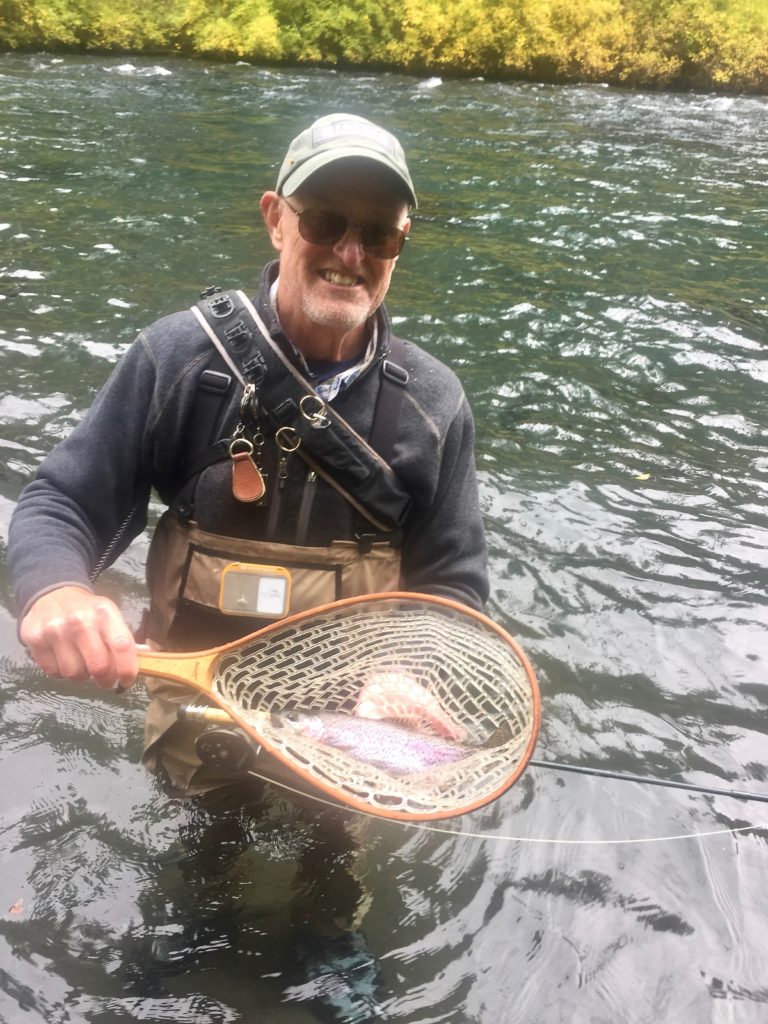
Other sportsmen remember a country without the Clean Water Act. Thomas from Michigan writes:
Every waterway matters. When I was a child, I had the unfortunate luck to become seriously ill after accidentally swallowing a gulp of water while swimming in Lake Erie. The town that I grew up in used to be called the Ecorse Creek or Ecorse River. Sixty years ago it had the distinction of being the dirtiest and most polluted river in the USA. We must not have those kind of distinctions ever again.
There is Still Time to Make Your Voice Heard
When the federal government creates or repeals a rule that government agencies and the American people will have to follow, they are required to have a comment period. When the Clean Water Rule was created in 2015, sportsmen and women had more than 200 days to comment on the proposed rule. Even with a recent extension of the current comment period, sportsmen and women will only have 60 days to make their voices heard.
This rule could impact our access and traditions, and we only have until September 27 to speak up.
Click HERE to tell the EPA and the Army Corps of Engineers to tell your story and urge decision-makers to uphold Clean Water Act protections for the headwater streams and wetlands that matter so much to our wildlife and traditions. If we want to preserve hunting and fishing opportunities for the next generation, we need to act now.

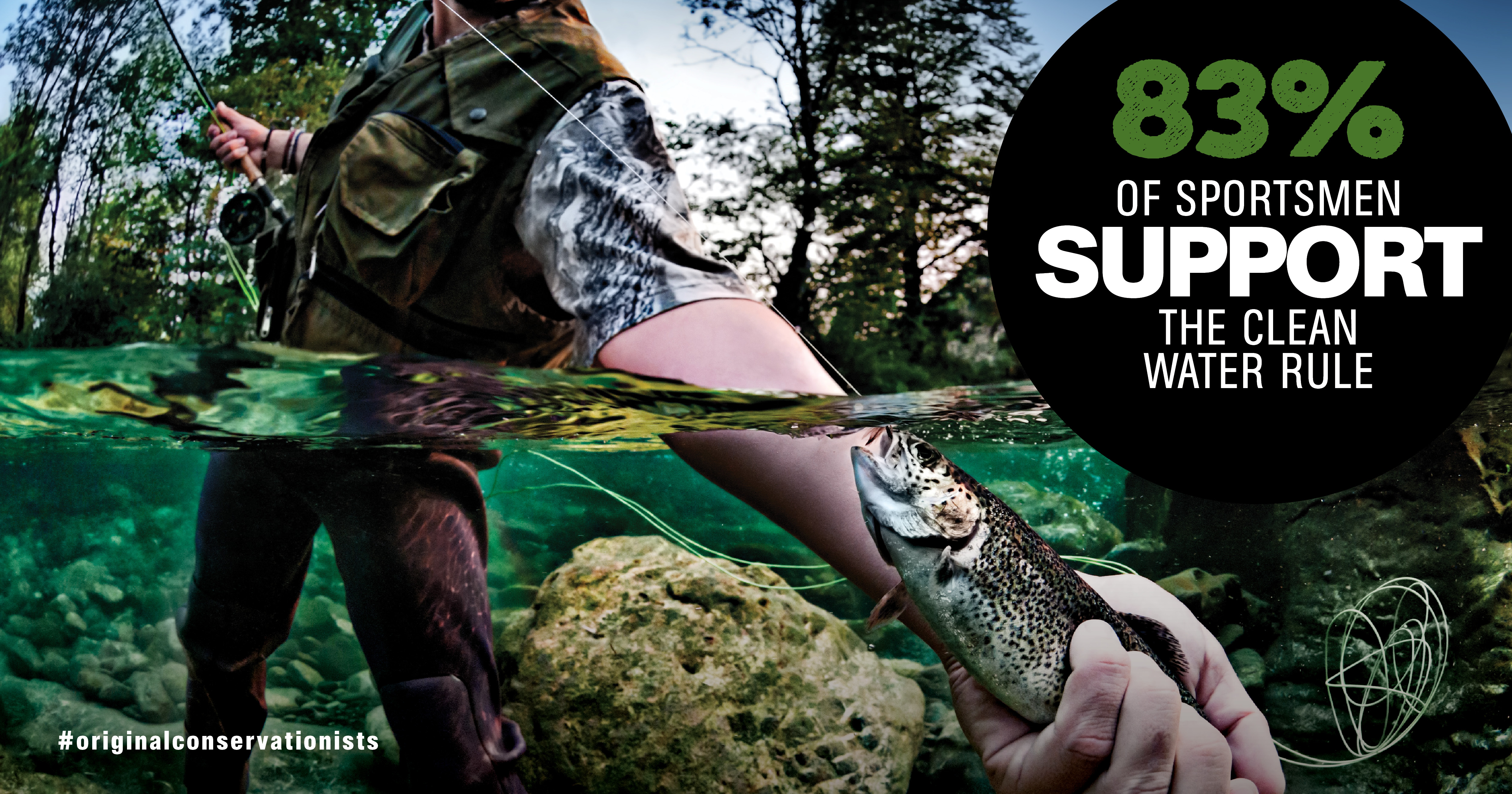
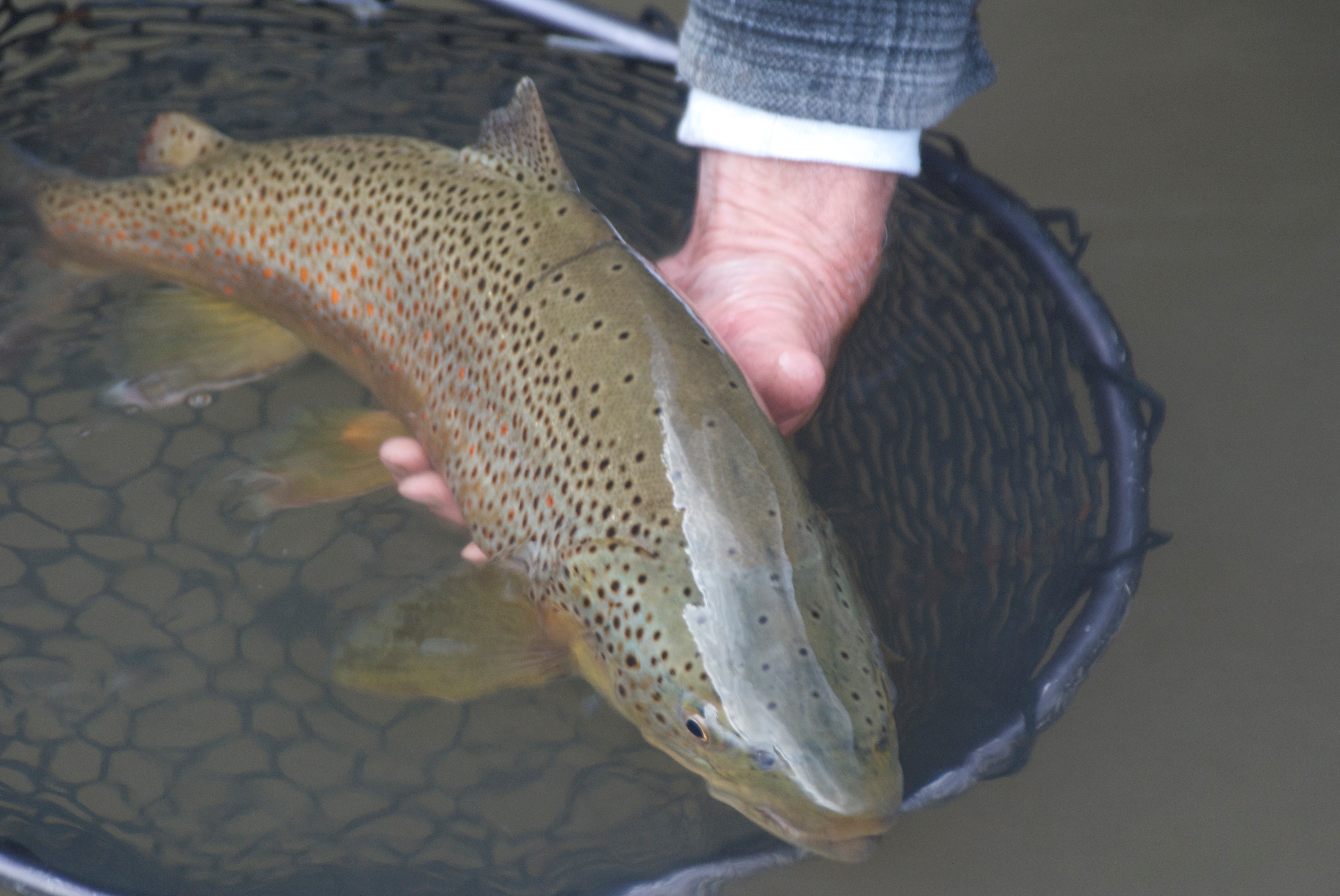
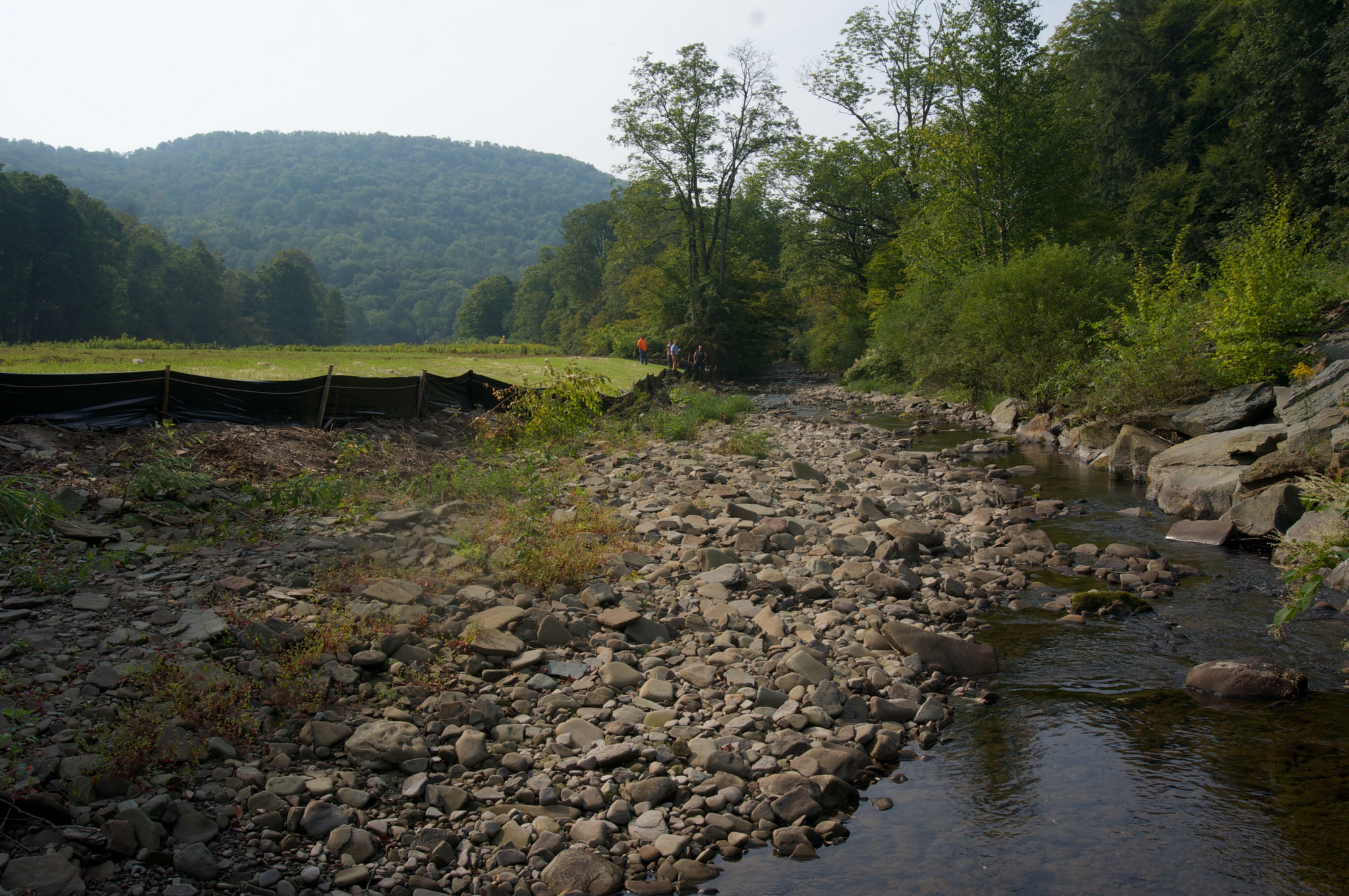
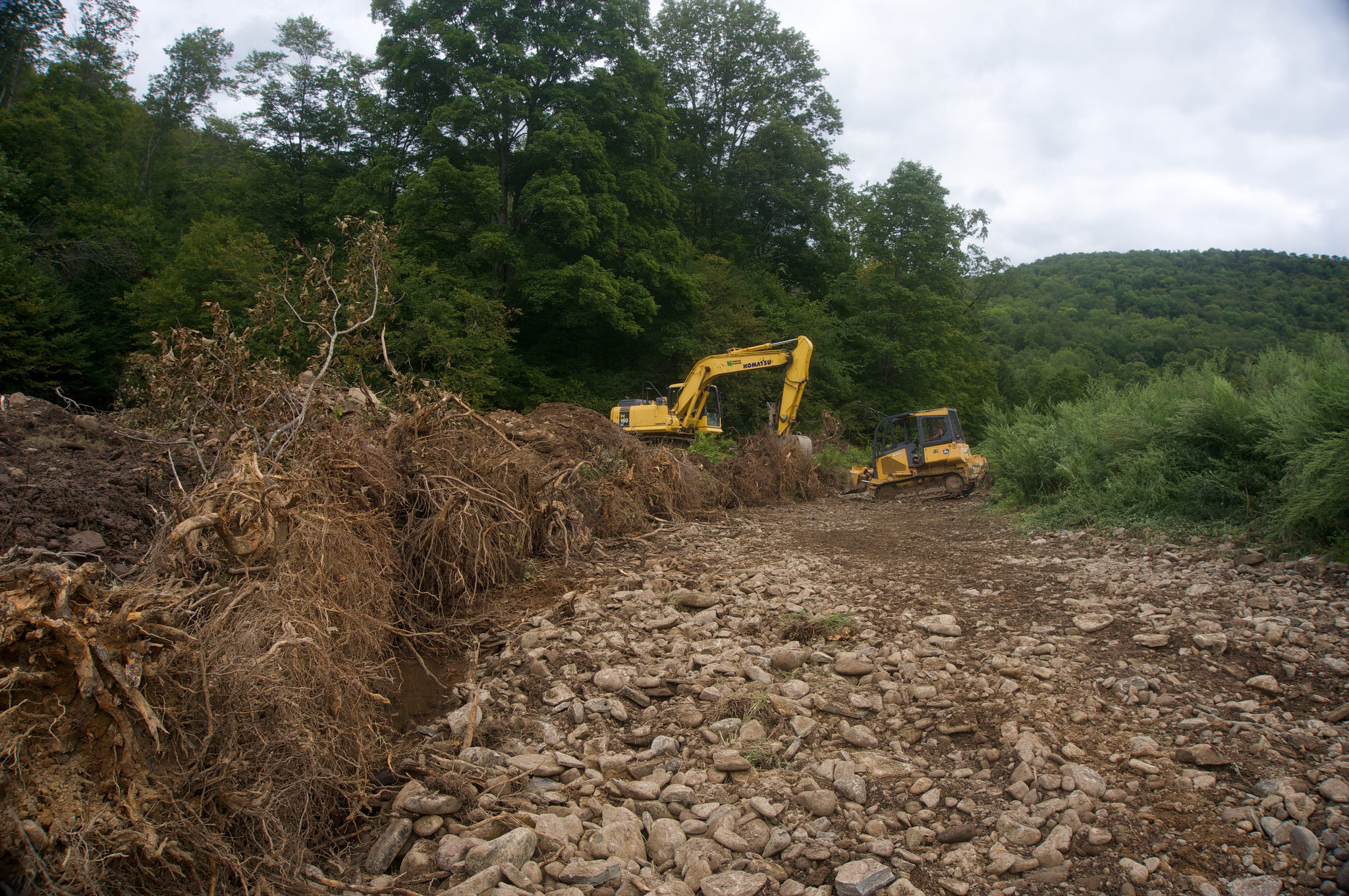




My drinking water comes from the headwaters. I’m glad it gets flushed a few times by the time people in DC take a drink.
I grew up swimming and fishing in clean rivers and creeks and ponds, I want my children and grand children to have the same opportunities, and the Clean Water Rule is crucial to that. Do what right for future generations and keep the Clean Water Rule